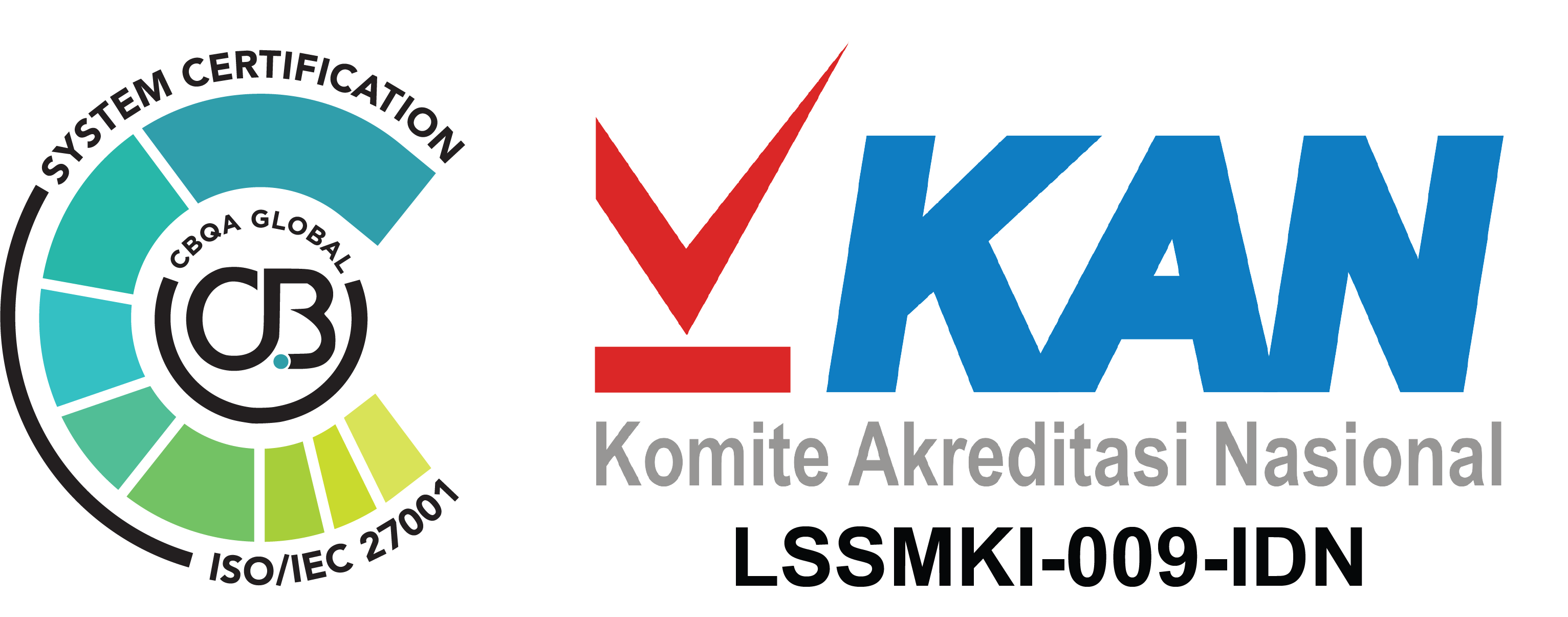-GOVERNMENT BONDS-
SUN on weekends closed Varied. Investors are still responding to the independence of BI, after the existence of a monetary board chaired by the Minister of Finance. This council will participate and have voting rights in the BI Board of Governors Meeting. Some observers see this policy as unusual and not in line with the previous monetary policy. On the other hand, the burden sharing policy between the government and BI, which is likely to continue until 2022, increases the supply of SBN and could trigger capital outflows. Market players are concerned that this policy will trigger an increase in inflation in Indonesia, which will erode the real return of Indonesia’s domestic bonds.
-CORPORATE BONDS-
Pefindo Affirms the AAA Rating of Indosat Bonds. The Indonesian Securities Rating Agency (Pefindo) reaffirms the triple A or AAA rating of Indosat Tbk’s Series B II Phase II Sustainable Bonds 2017 Series B (ISAT) worth IDR 673 billion. Pefindo also gave the company a triple A rating for the company’s Series B Sustainable Bond I Phase III Year 2015 valued at IDR 301 billion. The two bonds will mature on November 9, 2020 and December 8, 2020. Pefindo has also assigned an AAA rating for the Phase II Sustainable Sukuk Ijarah II Year 2017 Series B worth IDR 260 billion which will also mature on November 9, 2020. The repayment of the Indosat bonds will be using internal funds and unused credit facilities. As of June 30, 2020, the company has a cash balance of IDR 4.5 trillion. For information, Indosat Ooredoo recorded total revenue during the first semester of 2020 of IDR 13.5 trillion, an increase of 9.4% compared to the previous period. Cellular revenue is the main contributor to the company’s revenue. Meanwhile, cellular revenue in 1H20 was recorded at IDR 11.1 trillion, an increase of 11.8% compared to the previous period. This increase was influenced by the number of cellular subscribers, which reached 57.2 million at the end of June 2020, an increase of 0.9% compared to last year. (Investor Daily)
-MACROECONOMY-
Five Proposals to Strengthen the Financial System. The Minister of Finance said this study was an anticipatory step in the midst of Covid-19. Based on the study conducted by the Financial System Stability Committee (KSSK), Sri Mulyani said, several points were proposed which were considered capable of improving the financial system. First, strengthening the integrated database and information between related institutions, especially between Bank Indonesia (BI), the Financial Services Authority (OJK), the Deposit Insurance Corporation (LPS), and also the government, in this case the Ministry of Finance. Second, joint examination and evaluation if any indication of a problem is found. Strengthening this coordination includes integrating microprudential and macroprudential arrangements. Third, strengthening in terms of instruments that banks can use in warding off potential problems faced by banks. Fourth, strengthening the role of the LPS. So far, LSP has only functioned as a lost minimizer. Fifth, strengthening in terms of decision making by KSSK in order to anticipate and deal with problems that threaten the stability of the financial system. (Kontan)
-RECOMMENDATION-
Potential for rupiah to weaken again, the opportunity to put pressure on the bond market early this week. The positive external sentiment on US employment data will be the negative sentiment for the movement of the rupiah today. This rupiah pressure is also amid awaiting US inflation data this weekend, which is linked to the US domestic monetary policy. Internally, market players still respond negatively to the revision of the BI Law and burden sharing policies. Last weekend, the rupiah strengthened 0.19% to IDR 14,750 / USD in the spot market. Meanwhile, BI’s middle rate strengthened 0.17% to the level of IDR 14,792 / USD. Investors can start to observe the FR0086 and FR0087, ahead of the SUN auction on Tuesday (08/09) tomorrow.

